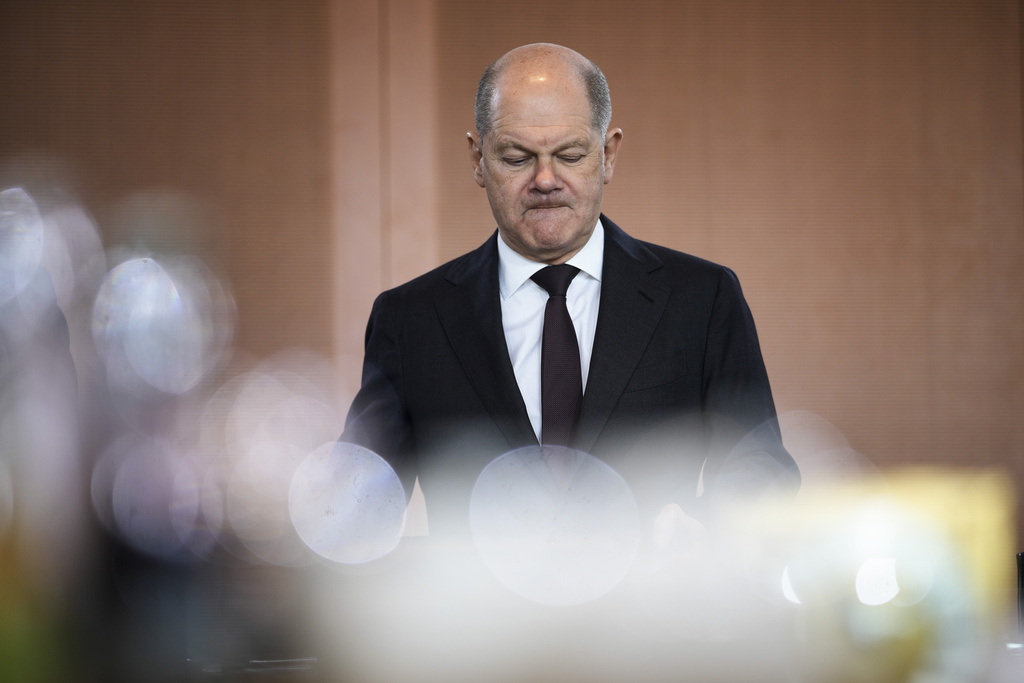In the context of the serious budget crisis and the national problems caused by migration, there is growing speculation in Germany about the likely results of the European Parliament elections on June 9, especially as local elections will be held shortly afterward in three German regions.
Analysts say that both the EU parliament elections and the regional state votes could be indicative of the outcome of next year’s national parliamentary elections.
The EU parliamentary vote on June 9 is already seen through this lens by the vast majority of Germans. This may be helped by the results of a survey conducted by the polling institute Insa, which at the same time pointed to notable changes in voter sentiment compared to recent months.
Exactly two months before the European Parliament elections, the institute’s assessment shows a nationwide decline in support for the opposition Alternative for Germany (AfD). Although the party, which is considered right-wing, ranks second in the parliamentary party popularity rankings in terms of its EU parliamentary chances, its support has fallen from 22 percent at the end of February to 19 percent now.
However, the long-time leader and main opposition conservative CDU/CSU alliance has remained unchanged, with the two Christian parties leading the national list of EU parliamentary election prospects in June with 28.5 percent.
The largest governing party, the Social Democrats (SPD), has seen a slight improvement in its approval rating, at 16.5 percent. Its coalition partner, the Greens, shows that its chances for the EU parliamentary vote have also improved marginally, with 11.5 percent now forecast. By contrast, the Liberal FDP, the smallest party in the governing coalition, has still failed to increase its already low support base and currently stands at 5 percent.
The second-biggest surprise in the poll, according to some analysts, is the Sahra Wagenknecht Alliance (BSW), which was formed earlier this year and spun off from the Left Party (Die Linke). The party, which bears the name of its founder Sahra Wagenknecht, is polling at 6.5 percent ahead of the EU parliament elections, compared with just 4 percent for the Left Party, which includes the successors of the former East German state party.





